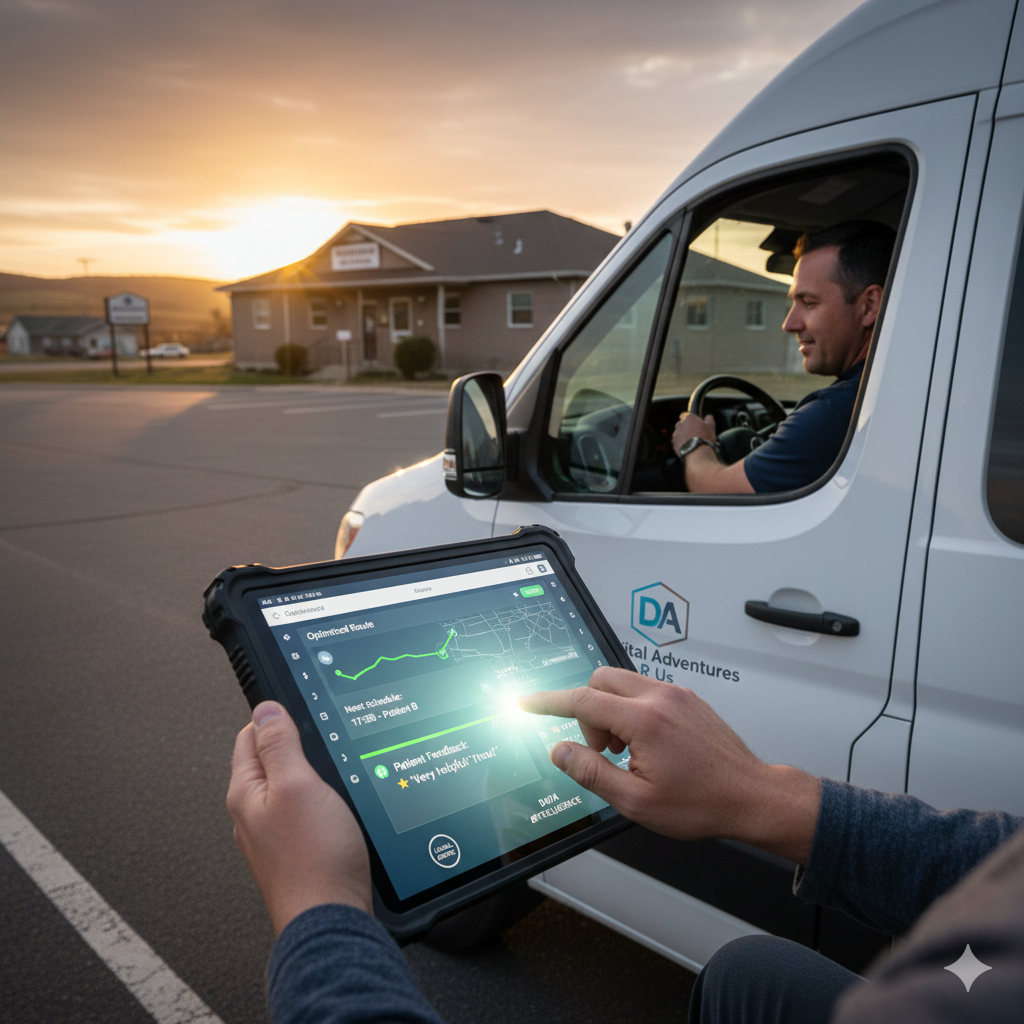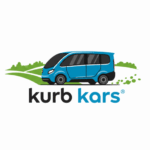
At Kurb Kars, we specialize in the future of autonomous, resilient transportation. Our mission extends far beyond urban streets; it is about deploying intelligent mobility solutions where they can create the greatest economic and social impact.
We are proud to confirm our central role as the Autonomous Logistics Engine within The PLASMA Project—a groundbreaking, $30 Million sustainable development partnership in Kaabong, Uganda, between Agra Energy Uganda (AEU) and our parent company, DeReticular.
This report summarizes our specific responsibilities within this AI-Native initiative, details the massive value our data creates, and outlines the significant financial trajectory our technology is expected to drive.
The New Frontier: Kurb Kars’ Responsibilities in The PLASMA Project
The PLASMA Project is building a massive, vertically integrated industrial hemp campus on 7,000 acres of rural land. This operation requires a logistics solution that is precise, efficient, and resilient—challenges that traditional fleet services cannot meet.
Kurb Kars is uniquely positioned to fill this role as the project’s Precision Transport Layer. Our core responsibilities within the phased implementation plan include:
1. Operational & Material Flow Management
- Daily Harvest Cycle: We are critical to the AEU’s core agricultural operation, managing the transport logistics for the intensive, daily 30-acre planting and harvesting cycles. This ensures a continuous, optimized flow of hemp biomass from the field to the central processing and plasma gasification unit.
- Zero-Downtime Feedstock: We ensure the 210 Tons Per Day (TPD) plasma gasification unit receives a constant, scheduled supply of hemp waste (feedstock), directly maintaining the project’s output of 10–11 MW of renewable electricity.
- Product and Personnel Transport: We manage the movement of high-value outputs (hemp fibre, oil, seeds, biochar) within the campus and provide safe, reliable transportation for the 250+ full-time employees and technical personnel.
2. Resilient Technology Integration
- In-Motion Data Flow: Our vehicles are integrated with Starlink Roam/Mobile technology, providing the constant, high-speed, low-latency satellite uplink necessary for autonomous navigation, vehicle-to-infrastructure (V2I) communication, and remote diagnostics—even in the deepest parts of the remote campus.
- AI Campus Infrastructure: Kurb Kars vehicles require and help maintain the Trifi Wireless mesh network and the charging infrastructure that is part of the $10–$12 Million Processing and Infrastructure budget component.
The Data Flywheel: Kurb Kars as a RIOS Value Driver
Kurb Kars’ most profound contribution is not just moving material; it is generating the real-world data that powers the entire Rural Infrastructure Operating System (RIOS).
Our autonomous fleet is a moving, intelligent sensor array. Every mile driven, every route optimized, and every material transfer executed generates high-value operational data:
- Logistics Optimization Data: Data on load efficiency, energy consumption, and route planning is fed directly to the RIOS AI Compute Cluster. This information is vital for the AI models that continuously tune the entire 7,000-acre operation, ensuring maximum yield and minimum waste.
- AI Compute Revenue: The high-integrity, real-world fleet data enhances the overall value of the RIOS platform. When DeReticular sells its AI compute services globally, the data generated by Kurb Kars is an implicit product that helps generate the projected $3.7 Million – $5.4 Million in annual AI services revenue.
- Local Skills Transfer: Our fleet is used in the DeReticular Academy training programs, providing local workers with direct, hands-on experience in autonomous vehicle maintenance, diagnostics, and high-tech fleet management, increasing their market value and transferring critical technical skills.
Financial Trajectory: Revenue and Grant Acceleration
Kurb Kars is structured to contribute to the financial viability and scalability of The PLASMA Project through a dual-revenue model: internal service billing and indirect grant enablement.
Expected Grant Funding (Indirect)
While Kurb Kars does not directly apply for the initial $30 Million in grants and investment, our technology is a critical enabler for securing it.
- Technology Transfer Focus: Our autonomous solutions align the project with major international grants (e.g., African Development Bank, UNDP) focused on technology transfer, rural modernization, and clean transportation.
- De-Risking Capital: Kurb Kars’ proven resilience and efficiency mitigate operational risk, making the overall investment in the PLASMA Project (including the $7 Million to $14 Million Farming Operations budget) more attractive to private equity and venture capital.
Revenue Expectations (Direct Service & Scalability)
- Internal Service Revenue: Kurb Kars operates as an essential service provider to the PLASMA Project. Our revenue is generated by billing the campus for the autonomous logistics services, making us a vital component of the project’s annual Operating Costs (OpEx) budget.
- Data Monetization (Indirect): As detailed above, our contribution to the RIOS AI platform ensures the stability and growth of the AI Compute revenue, which helps fund the entire operation and the 20% community share.
- External Scalability (Post-Year 5): The true external revenue potential begins once the model is validated. After Year 5, Kurb Kars will leverage its proven success in Kaabong to offer its autonomous logistics platform as a service to other large-scale agricultural, mining, and industrial operations across the African continent, realizing massive external revenue growth potential.
Kurb Kars is not just participating in The PLASMA Project; we are engineering its autonomous future, driving both efficiency on the ground and financial viability for the long term.

